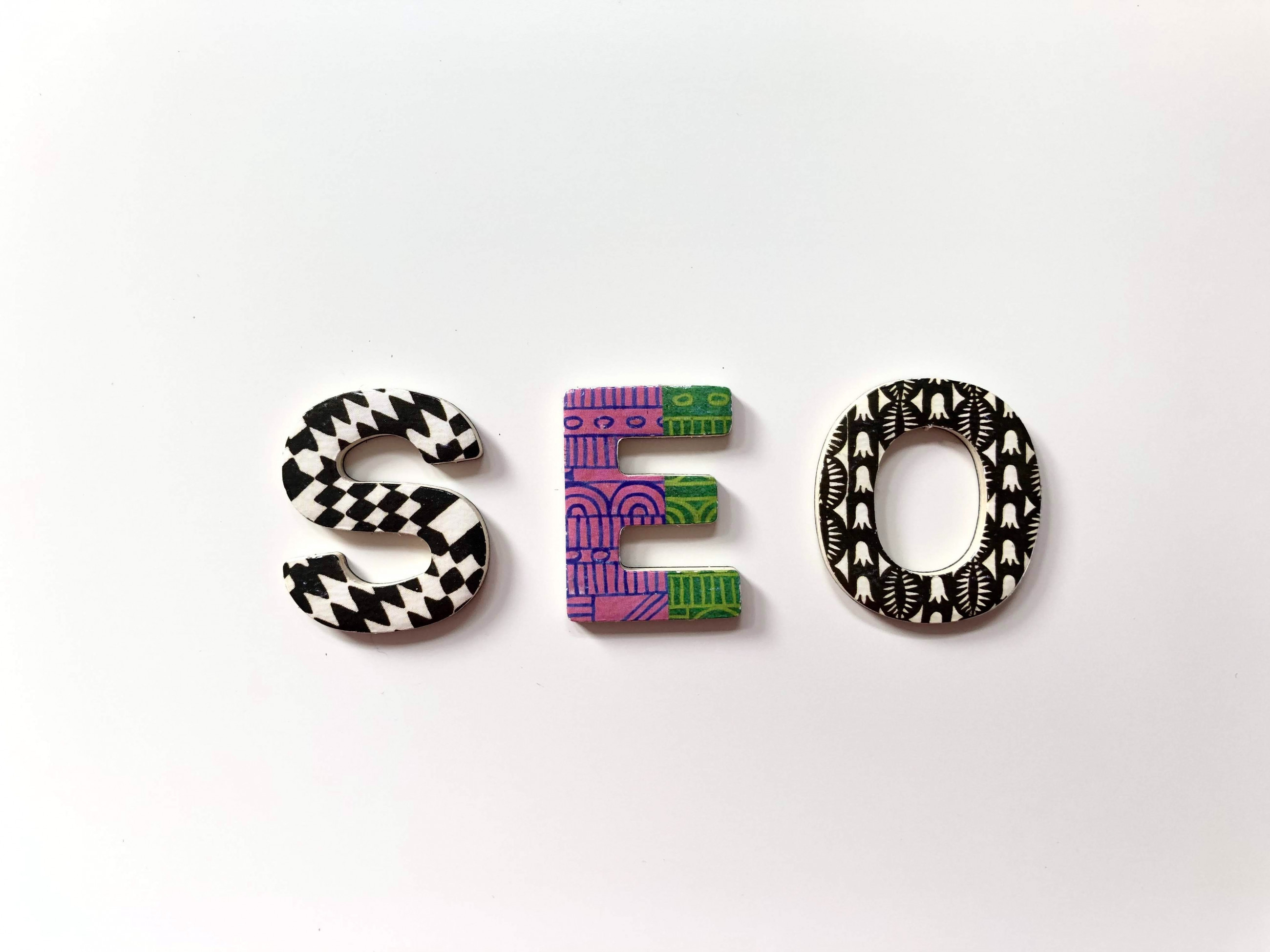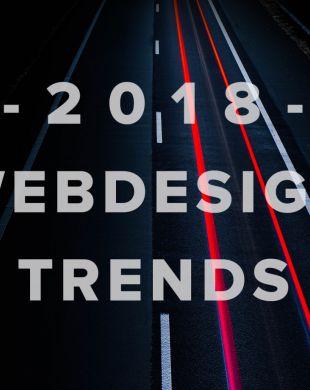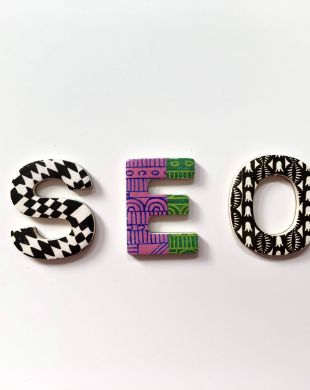What is SEO and Why is it Important?
12th July 2021 |

Just like the IRS, the FBI, and the DMV, three letter words can sometimes be more terrifying than our four-letter friends, and SEO is no different. However, SEO (search engine optimization) is one of the most misunderstood digital marketing issues of them all. While it’s true that harnessing the power of SEO neither quick nor easy, profiting from it can is definitely possible with a little patience and effort.
What is SEO?
SEO is sometimes referred to as organic search. It’s a process meant to improve your organic rankings. In other words, when someone searches for a product or service, it’s about where your website falls in the list of results.
Being ranked at the top not only improves your discoverability, but it also results in increased traffic to your website, which translates to brand awareness.
Being a top-ranked site for a search term means that you are the most relevant to what’s being searched. To determine this relevance, Google and Yahoo “crawl” (review) websites to provide the best match, so ensuring your site has all the elements the search engines are looking for is the key task to target. But how is this done?
Here are a few helpful tips:
- Responsive Design
The first step is making sure your site can be viewed across any and all devices: phones, tablets, and laptops. This means the site is optimized and responsive to different formats. Keep your eyes out for slow loading times and the site speed as well, as this can have a negative effect on your rankings.
- Secure
Keep in mind that the most secure sites begin with https. This rings doubly true if your site happens to gather any sensitive information or if you run an e-commerce site.
- Content and Images
Original, useful, quality content is key. Not only does it get more shares on social media, but other blogs could link to it, giving you an added push upwards. This doesn’t mean you have to write a lot of original articles, but it does mean the ones you have should be top-notch. Making sure your content has keywords or phrases within the body of the article will help your site get discovered faster. Ensuring your URL structure for each piece of content is user friendly is another good practice. For example, “/blog/turkey-sandwich-market-research” vs. “/blog/8675309.”
Search engines also crawl the images on your website. Having your own images on the site (not stock images) is a good method to boost your SEO, as is making sure your images are named more or less what they are. For example, “turkey sandwich” is better than “IMG_12.22.”
- Links
Linking within your own site (inbound) as well as to other reputable sites where you have gotten information (outbound) is good practice. When one of your pages links to another within your site, it generally indicates that the site has valuable information on the same or similar topics. Reaching out to like-minded bloggers with good reputations to link to your site is good practice, but it takes time. Use the relationships you have with other trusted business owners in your area of expertise and help each other out with link-backs if the opportunity presents itself.
Don’t Be Scared of SEO
There are plenty of other things you can do to give your web traffic a boost with SEO, but these are generally accepted as the most manageable. The process isn’t one that yields fast rewards, but it should be a core part of your marketing strategy as you build your online presence. If you’re looking for immediate results, there are paid search marketing campaigns available to you, but that shouldn’t replace a consorted effort to use the power of SEO to its fullest potential.
For more information on SEO and what you can do to make it work for you, check out this helpful site.




